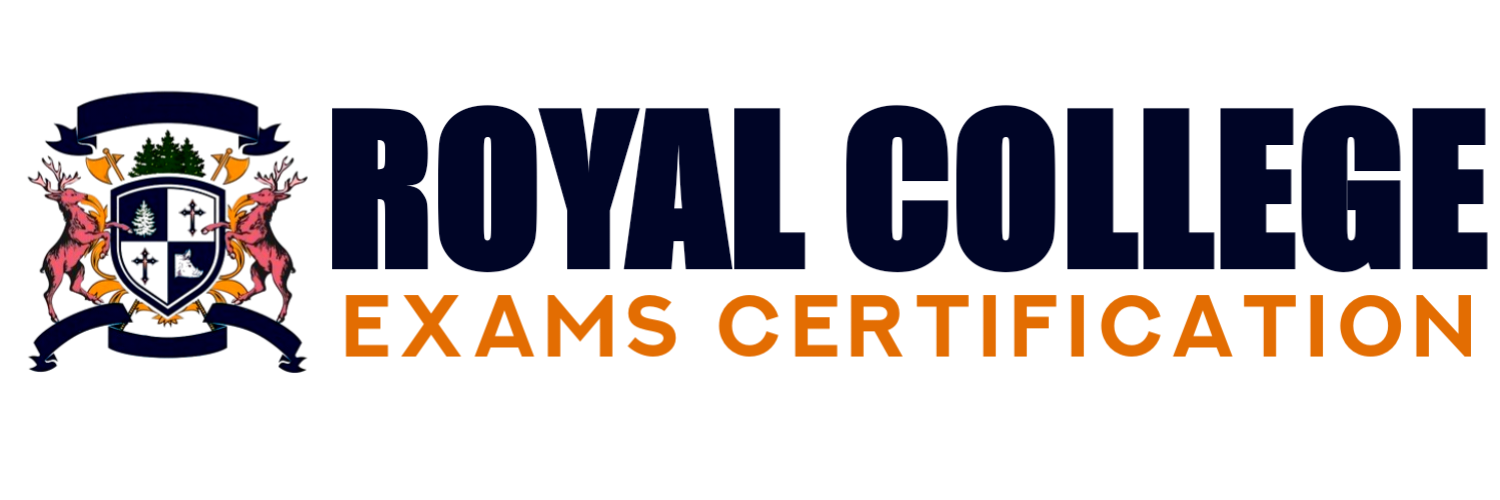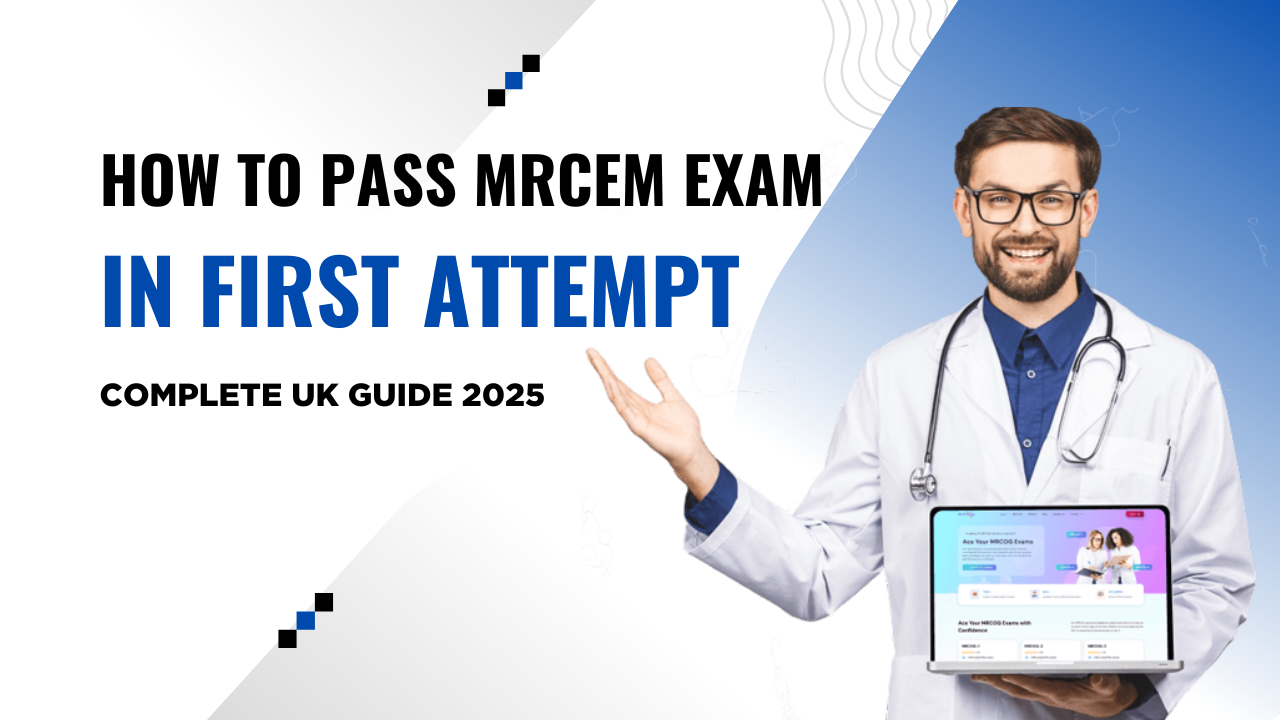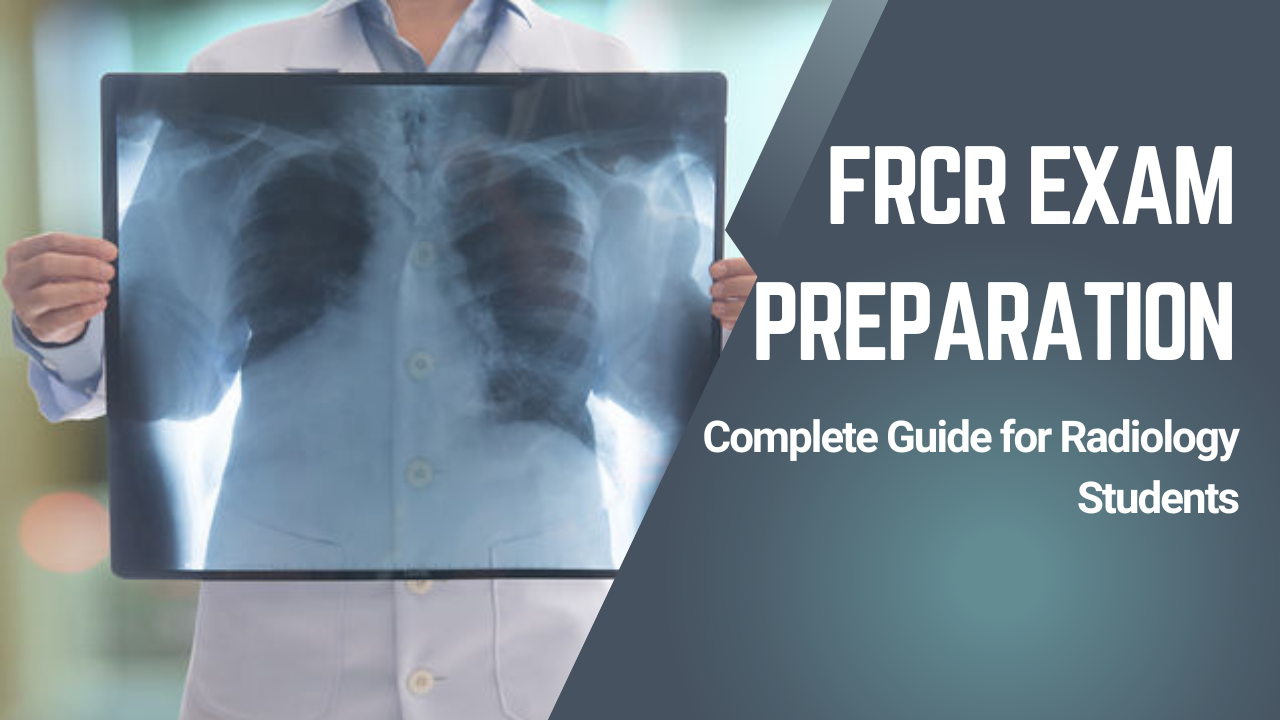The Membership of the Royal College of General Practitioners (MRCGP) is a prestigious postgraduate qualification awarded to doctors who have demonstrated their competence in the field of general practice in the United Kingdom. The qualification is conferred by the Royal College of General Practitioners (RCGP), a professional body responsible for setting standards, providing training, and advocating for the role of general practitioners (GPs) within the UK’s healthcare system. Achieving the MRCGP is a mandatory requirement for doctors wishing to practice independently as GPs in the National Health Service (NHS).
This qualification not only signifies professional excellence but also demonstrates a commitment to providing high-quality, patient-centered care within the community. It ensures that GPs possess the necessary clinical, ethical, and practical skills to address a broad spectrum of health conditions while promoting holistic and preventative care. This detailed description explores the history, structure, examination components, eligibility criteria, training pathways, and significance of the MRCGP, offering a comprehensive understanding of its vital role within the UK healthcare landscape. MRCGP exam centers UK
Background and Historical Context
The Royal College of General Practitioners was established in 1952 to represent the interests of GPs in the UK. Before its foundation, general practice was often regarded as less prestigious than hospital specialties, lacking formalized training and standards. The establishment of the RCGP marked a turning point, promoting professionalism, setting educational standards, and emphasizing the critical role of primary care in the health system.
Initially, membership was granted through experience and recommendation, but with the growing emphasis on standardizing medical education and clinical competence, the MRCGP examination was introduced in 1965. Over the decades, the examination evolved to reflect changes in medical practice, patient expectations, and healthcare policy, culminating in the current MRCGP assessment system, which was fully integrated into UK general practice training in 2007. MRCGP exam centers UK
Today, the MRCGP is internationally recognize and respect as a symbol of excellence in primary care medicine.
The Role of the Royal College of General Practitioners (RCGP)
The RCGP serves multiple functions:
- Setting Clinical Standards: It establishes clinical guidelines and best practices for GPs in the UK.
- Education and Training: The college designs curricula for GP training programs, ensuring they reflect contemporary healthcare needs.
- Assessment and Certification: It administers the MRCGP assessment, guaranteeing that GPs meet high professional standards.
- Advocacy: The RCGP represents the interests of GPs at national policy levels, contributing to health service planning and reform.
- Professional Development: It offers continuous professional development (CPD) opportunities and resources for career progression.
The college’s overarching mission is to improve patient care by maintaining and raising standards in general medical practice. MRCGP exam centers UK
Eligibility and Entry Requirements
To pursue the MRCGP qualification, a doctor must:
- Hold a Primary Medical Qualification (PMQ) recognized by the General Medical Council (GMC).
- Register with the GMC and hold a valid license to practice medicine in the UK.
- Enter a recognized UK General Practice Specialty Training Program, typically lasting three years (ST1–ST3).
During training, candidates must complete various workplace-based assessments and the formal MRCGP examinations to be eligible for full membership.
The MRCGP Assessment Structure
The modern MRCGP assessment framework consists of three interrelated components:
- Applied Knowledge Test (AKT)
- Clinical Skills Assessment (CSA) (replaced by the Simulated Consultation Assessment (SCA) in 2023)
- Workplace-Based Assessment (WPBA)
Each component evaluates different competencies essential for independent general practice.
1. Applied Knowledge Test (AKT)
The AKT is a computer-base written examination assessing the candidate’s factual and theoretical knowledge relevant to general practice.
- Format: 200 multiple-choice and extended matching questions.
- Duration: 3 hours and 10 minutes.
- Content Areas:
- Clinical Medicine (80%) — covering diagnosis, investigation, and management.
- Evidence-Based Practice (10%) — focusing on research interpretation and data analysis.
- Organizational Aspects of General Practice (10%) — including NHS structures, ethics, and patient safety.
The AKT is typically taken during the second or third year of specialty training (ST2 or ST3) and requires thorough preparation, as it is both comprehensive and challenging.
2. Simulated Consultation Assessment (SCA)
The SCA, introduced in November 2023 as a replacement for the previous CSA, is a high-stakes, computer-based assessment simulating real-life GP consultations.
- Format: Candidates undertake a series of simulated consultations with trained role players (actors) representing patients.
- Duration: Typically 12 consultations of 12 minutes each.
- Assessment Criteria:
- Data Gathering: Eliciting appropriate clinical, personal, and social information.
- Clinical Management: Formulating diagnoses, management plans, and providing patient education.
- Interpersonal Skills: Demonstrating empathy, active listening, and shared decision-making.
The SCA emphasizes consultation skills and patient-centered care, reflecting the reality of modern general practice.
3. Workplace-Based Assessment (WPBA)
WPBA is a continuous assessment process conduct throughout specialty training, evaluating clinical performance in real-world settings.
- Assessment Tools Include:
- Mini Clinical Evaluation Exercise (Mini-CEX)
- Case-Based Discussion (CbD)
- Clinical Supervisor’s Report (CSR)
- Direct Observation of Procedural Skills (DOPS)
- Multisource Feedback (MSF)
- Patient Satisfaction Questionnaire (PSQ)
- Purpose: WPBA ensures candidates demonstrate consistent, safe, and effective practice over time.
The outcomes of WPBA contribute to the Annual Review of Competence Progression (ARCP), which determines whether a trainee is fit to progress or complete training.
Training Pathway for MRCGP
The journey to achieving MRCGP typically follows this route:
- Medical School: Obtain a medical degree (MBBS, MBChB, or equivalent).
- Foundation Training (2 years): Complete Foundation Year 1 (FY1) and Foundation Year 2 (FY2).
- Specialty Training in General Practice (3 years):
- ST1: Introduction to general practice and hospital specialties.
- ST2: Rotations in hospital and GP placements, including preparation for AKT.
- ST3: Final year of GP placement, focusing on consultations, management, and preparing for the SCA and completion of WPBA.
After successfully completing all assessments and training requirements, the doctor is award the MRCGP and granted a Certificate of Completion of Training (CCT), allowing entry onto the GP Register with the GMC.
Significance of MRCGP
The MRCGP carries considerable significance for several reasons:
- Professional Recognition: It certifies a doctor’s competence and expertise in general practice.
- Mandatory for Independent Practice: Required for inclusion on the GP Register, enabling unsupervised NHS general practice.
- Career Progression: Essential for leadership, educational, and specialist roles within primary care.
- International Recognition: Respected globally, facilitating career opportunities abroad.
- Commitment to Lifelong Learning: MRCGP holders engage in continuous professional development through the RCGP.
Furthermore, the MRCGP underpins efforts to standardize and elevate the quality of primary care across the UK, directly impacting patient outcomes and healthcare efficiency.
Challenges and Criticisms
Like any rigorous assessment system, the MRCGP has faced scrutiny:
- Cost: The cumulative fees for AKT, SCA, and WPBA components can be substantial.
- Pressure on Trainees: The combination of high-stakes examinations and demanding workplace assessments contributes to trainee stress.
- Cultural and Ethnic Disparities: Historical data showed differential attainment between UK-trained and International Medical Graduates (IMGs), prompting reforms to promote fairness and inclusivity.
- Evolving Healthcare Landscape: As healthcare models and patient needs evolve, continuous updates to the MRCGP curriculum and assessments are necessary.
The RCGP remains committed to addressing these issues while maintaining high standards of clinical practice.
Conclusion
The Membership of the Royal College of General Practitioners (MRCGP) is a cornerstone of primary care excellence in the United Kingdom. As a comprehensive assessment framework, it ensures that GPs possess the clinical acumen, ethical judgment, and interpersonal skills required to deliver safe, effective, and compassionate care in the community. MRCGP exam centers UK
Achieving the MRCGP represents a significant professional milestone, providing recognition, career opportunities, and a platform for lifelong learning. It reflects not only a mastery of medical knowledge but also a dedication to patient-centered, holistic care — values at the heart of general practice. As healthcare continues to evolve, the MRCGP will undoubtedly adapt, ensuring that future generations of GPs are equip to meet the changing needs of patients and the NHS, upholding the proud tradition of general practice in the UK.






